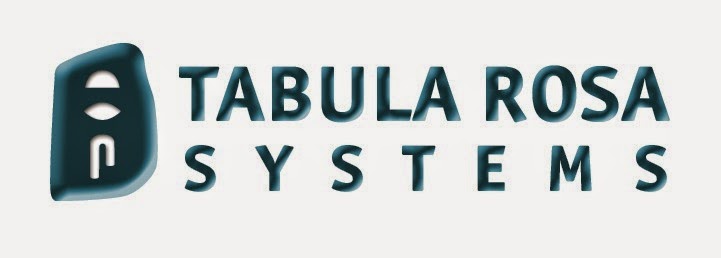Posted by
Margaret Rouse
Strong cryptography is used by most
governments around the world to protect communications. It involves secreted
and encrypted communication that is not amenable to cryptographic analysis and
decryption to ensure it cannot be accessed by unauthorized entities.
Strong cryptography is secreted and encrypted
communication that is well-protected against cryptographic analysis and
decryption to ensure it is readable only to intended parties.
Network Security Visibility
Ensuring comprehensive network security visibility is no
easy task. Uncover expert tips on how to improve network security visibility with
network flow analysis tools, cloud security monitoring solutions, and
anomaly-based monitoring technology.
Depending on the algorithms,
protocols
and implementation, a cryptographic system may be vulnerable to analysis,
leading to possible cracking of the system. The ideal is an unbreakable system
of which there is just one well known example: the one-time pad.
The one-time pad is a system in which a randomly generated single-use private key
is used to encrypt a message. The message is then decrypted by the receiver
using a matching one-time pad and key. The challenge in this system is
exchanging pads and keys without allowing them to be compromised.
Strong cryptography
is used by most governments to protect communications. While it is increasingly
available to the general public, there are still many countries where strong
cryptography and encryption
are kept from the general public, justified by the need to protect national
security.
While the definition of strong cryptography in general
may be broad, the The PCI
Security Standards Council defines strong cryptography requirements
for use in the payment card industry (PCI)
specifically:
“Cryptography based on industry-tested and accepted
algorithms, along with strong key lengths (minimum 112-bits of effective key
strength) and proper key-management practices. Cryptography is a method to
protect data and includes both encryption (which is reversible) and hashing
(which is not reversible, or “one way”). At the time of publication, examples
of industry-tested and accepted standards and algorithms for minimum encryption
strength include AES (128 bits and higher), TDES (minimum triple-length keys),
RSA (2048 bits and higher), ECC (160 bits and higher), and ElGamal (2048 bits
and higher).”
Demonstrating the strength of a given cryptographic
system is a complex affair that requires in-depth consideration. As such, the
demonstration is best achieved by a large number of collaborators. Planning
tests, sharing and analyzing and reviewing of results are best conducted in a
public forum.
This was first
published in June 2015
Contributor(s):
Matthew Haughn
|
**Important note** - contact our company for very powerful solutions for IP management (IPv4 and IPv6, security, firewall and APT solutions:
www.tabularosa.net
In addition to this blog, Netiquette IQ has a website with great assets which are being added to on a regular basis. I have authored the premiere book on Netiquette, “Netiquette IQ - A Comprehensive Guide to Improve, Enhance and Add Power to Your Email". My new book, “You’re Hired! Super Charge Your Email Skills in 60 Minutes. . . And Get That Job!” will be published soon follow by a trilogy of books on Netiquette for young people. You can view my profile, reviews of the book and content excerpts at:
www.amazon.com/author/paulbabicki
If you would like to listen to experts in all aspects of Netiquette and communication, try my radio show on BlogtalkRadio Additionally, I provide content for an online newsletter via paper.li. I have also established Netiquette discussion groups with Linkedin and Yahoo. I am also a member of the International Business Etiquette and Protocol Group and Minding Manners among others. Further, I regularly consult for the Gerson Lehrman Group, a worldwide network of subject matter experts and have been a contributor to numerous blogs and publications.
Lastly, I
am the founder and president of Tabula
Rosa Systems, a company that provides “best of breed” products for network,
security and system management and services. Tabula Rosa has a new blog and Twitter site which offers great IT
product information for virtually anyone.
==============================================










No comments:
Post a Comment